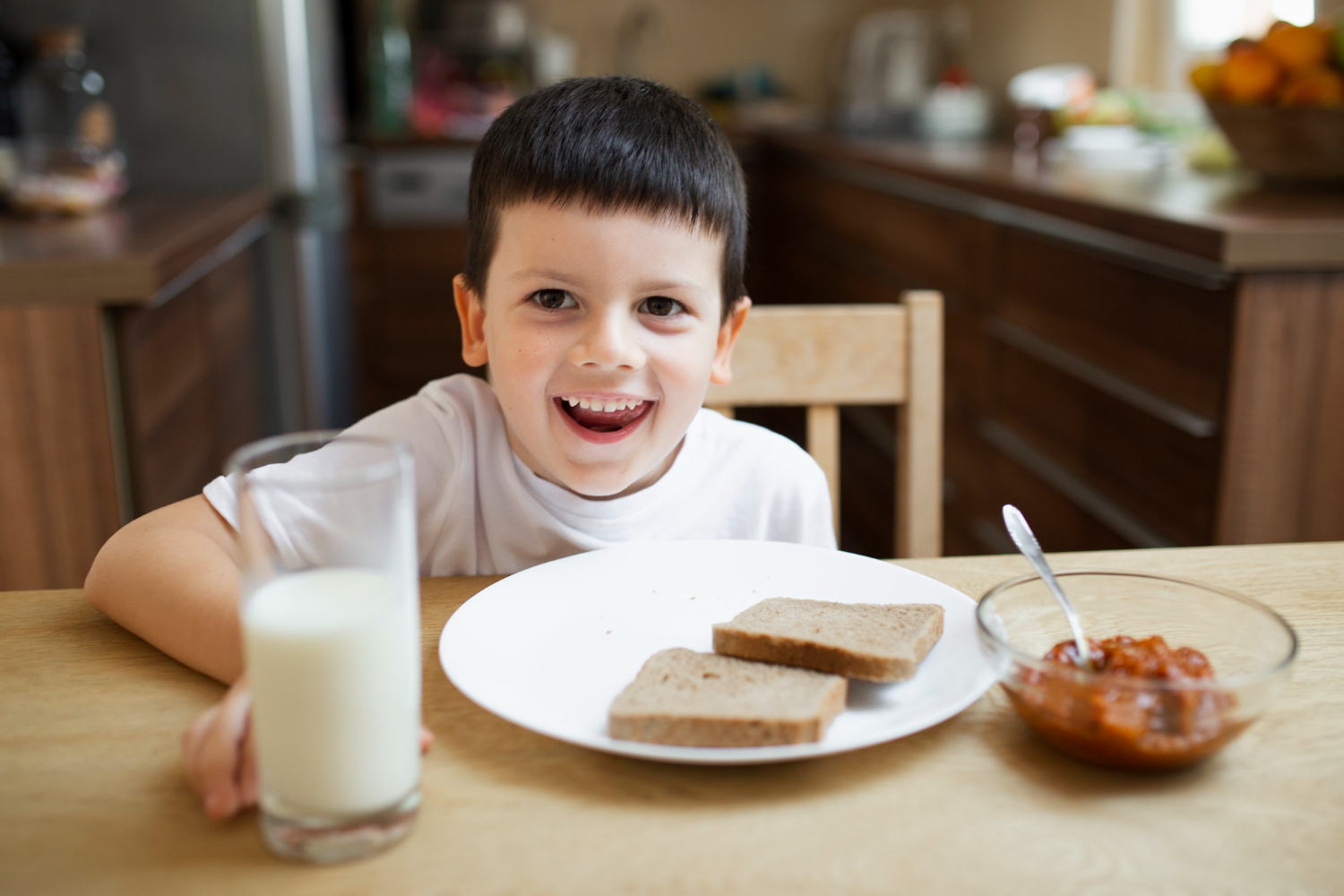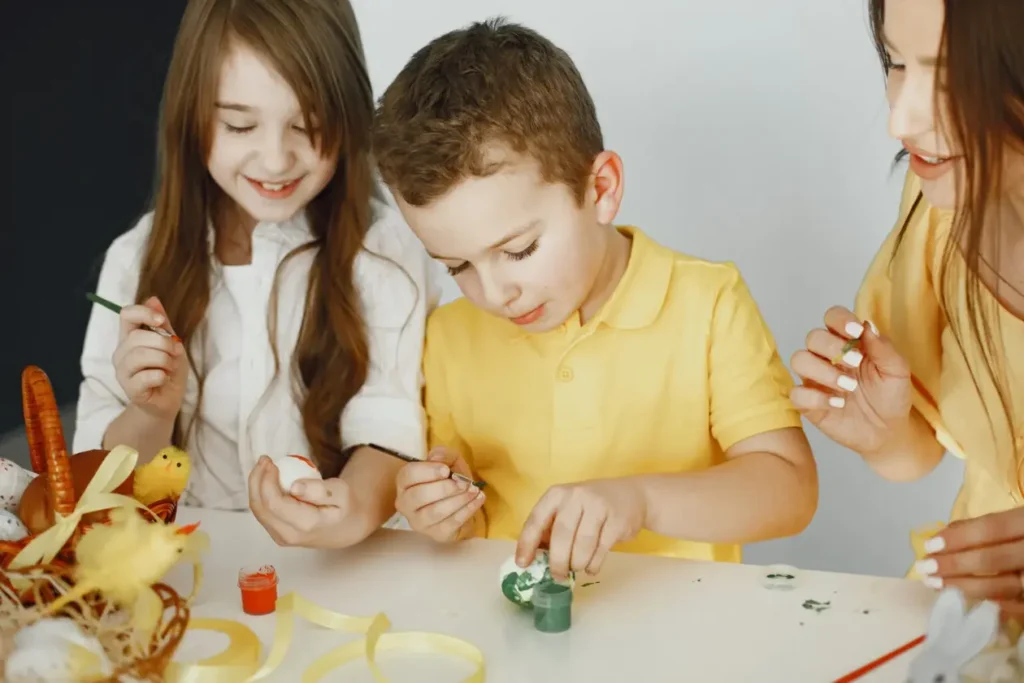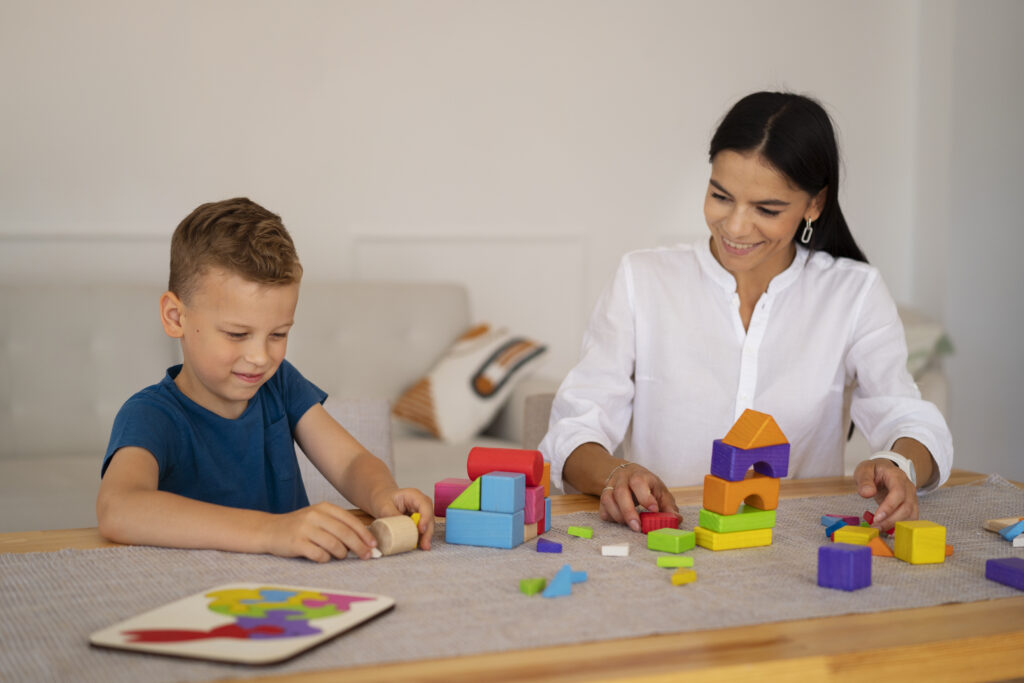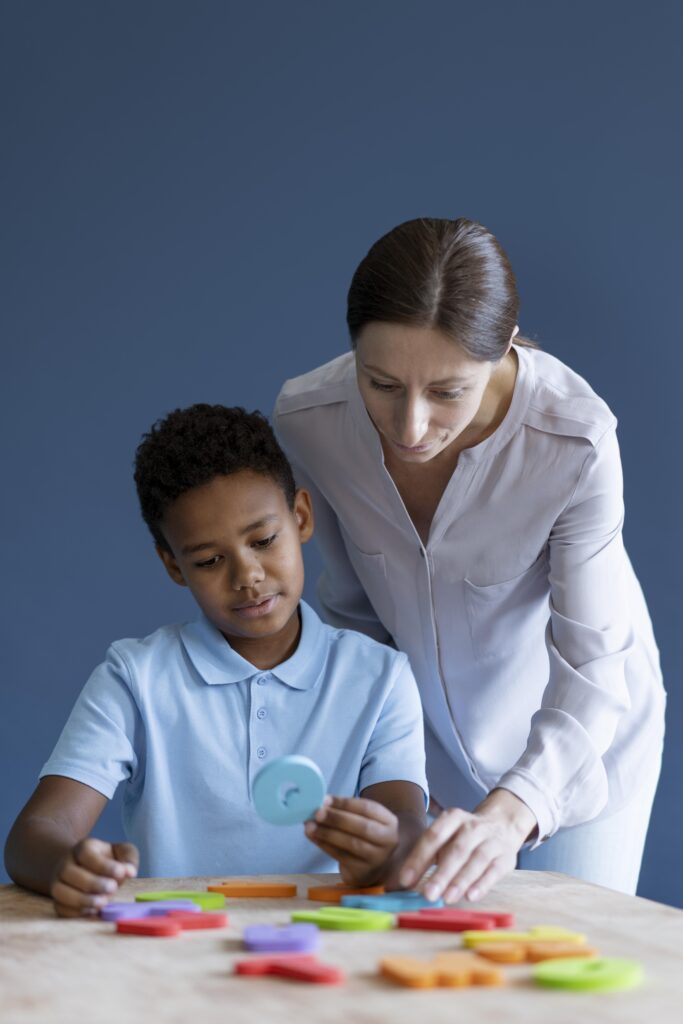Messy Munchkins Have you ever avoided food flung at you by your toddler? Let's discuss something that usually sets off a collective parental groan: ‘playing with food’. We have all been there: the pure, sticky anarchy; the spaghetti constructions on the table; the masterpiece mashed potato on the high chair tray. Let's explore why this …
Messy Munchkins
Have you ever avoided food flung at you by your toddler? Let’s discuss something that usually sets off a collective parental groan: ‘playing with food’.
We have all been there: the pure, sticky anarchy; the spaghetti constructions on the table; the masterpiece mashed potato on the high chair tray.
Let’s explore why this messy habit is a vital component of your child’s growth before you go for the wipes and accept an afternoon full of food fights.
From Tiny Tasters to Culinary Creators: The Value of Food Play
We often link mealtimes with rules and manners, but for our children, it is a sensory experience, a science experiment, and an art class. Let’s see why babies and toddlers playing with food is more than just a messy phase.
Sensory Discovery
For kids, food is not just a source of providing energy; it is like a sensory playground. Let’s explore how playing with food can spark a curiosity and a lifelong love for food.
Textures and Touch
Food comes in a wide range of textures: smooth, crunchy, squishy, and sticky. When your baby or toddler explores these textures with their hands, it will enhance their tactile sensitivity. This is important for sensory integration, which is the brain’s ability to organize and process sensory inputs.
Smell and Taste:
Food presents a great range of flavors and smells. Let your children explore these senses to help them develop a palate. It will help them become more open to trying new foods.
Sight and Sound
The vivid colors and fascinating sounds of food, like the crunch of a carrot or the squish of a grape, offer great stimulus for those little eyes and ears. You will be amazed by the amount of knowledge your little ones are gaining at every mealtime.
Cognitive Development
Playing with food not only helps in sensory development but also plays a vital role in cognitive growth. Let’s discover how it provides the basis for critical thinking and problem-solving:
Cause and Effect
Children learn cause and effect by dropping food, smashing it, and combining it. “If I drop this spoon and it falls.”
“When I squeeze a watermelon, it squishes.” These are basic scientific ideas.
Problem-solving
It needs a lot of patience to see your child building towers from veggies, designing patterns with fruit, or pouring liquids into several containers. But did you know it promotes critical thinking and problem-solving skills for those young brains?
Creativity and Imagination
Food can be turned into anything; a pizza becomes a face, and a broccoli floret turns into a tree. This sort of play stimulates imagination and creativity. Be a part of their imaginary world and see how fun it is to eat those boring-looking vegetables when you pretend them to be something else.
Early Math and Science
Early math and scientific ideas are introduced by color-based food sorting, noodle counting, and liquid measuring. Research on hands-on food discovery has demonstrated how well it helps a child grasp volume and measurement.
Motor Skills Development:
Food play helps children develop physical dexterity that they will need throughout their lives. They will learn step by step, from time to well-coordinated movements.
Fine Motor Skills
Fine motor skills are essential for activities like writing, painting, and holding objects. Food play is an excellent source for the development of fine motor skills, by picking up little bits of food, using utensils, and exploring food with fingers.
Hand-Eye Coordination
Pouring liquids, scooping food, and taking food to their lips all help infants and toddlers increase hand-eye coordination.
Oral Motor Skills
Chewing and handling food in their mouth helps babies develop oral motor skills, which are vital for speech development.
Social and Emotional Development
Mealtime often brings people together, making it more like a social gathering. Food play is a strong bridge to social bonding and emotional expression.
Social Interaction
Mealtimes are sometimes social gatherings. Allowing your kids to participate in food preparation and serving helps them grow social skills and a sense of belonging.
Emotional Expression
Your children may be able to communicate their feelings through food play. Arranging food might make them proud, and smashing mashed potatoes can be a safe release for frustration.
Building Independence
Let your children feed themselves and investigate food on their own to help them grow in independence and self-confidence.
Practical Tips for Food Play: Dealing with the Mess
Embrace the Mess
Be ready for the mess. Use a larger tray or cover the table with a plastic tablecloth. Set clear boundaries regarding what is and isn’t allowed. “We can play with the food on the tray. We don’t toss the food from the tray on the floor.”
Provide Safe and Varied Foods
Present a range of safe and a variety of foods with different textures, colors, and shapes to enhance the spectrum of learning and development.
Make It Fun
Turn food play into a game. Make art using food, tell stories, and sing songs. Let children investigate food on their own, but keep an eye on them to make sure they are safe.
Clean Up Together
Involve your kids in cleaning up afterwards. Make cleaning a part of the fun. Let your children wipe the table and wash the dishes.
The Science Behind the Mess
Studies confirm that playing with food is good. According to a study that was written in the ‘Journal of Nutrition Education and Behavior,’ children who were able to investigate food through play were more likely to try new foods and have a better relationship with food. Research on sensory play also emphasizes the need for tactile exploration for motor and cognitive development.
Why Toddler Play with Food is So Important
Toddlers are in a key developmental stage. Their natural curiosity is unbound, and they learn mostly by practical discovery. Toddler food play lets them explore many textures, learn about cause and effect, and practice their fine motor skills. It’s also a mode of exploring their environment and claiming their independence.
Why Your Baby Should Play with Food
Food play benefits even infants. Young children who play with food can learn oral motor skills, explore various textures, and grow acquainted with food smells and sights. It is also a means of teaching self-feeding and honing hand-eye coordination.
Why Children Playing with Food Benefits Long Term
Even older kids playing with food can have advantages. It can enable children to learn about cooking and nutrition, explore their creativity, and grow to like food. Letting your children help with cooking and food preparation will also help them feel independent and responsible.
Finally, let the Food Games start!
So, the next time they start turning their supper into a finger-painting masterwork, remember that your child is learning and developing rather than just being messy. Adopting food play helps you boost their sensory, cognitive, motor, social, and emotional development. Who knows—you might even find a developing chef in the course of things.




